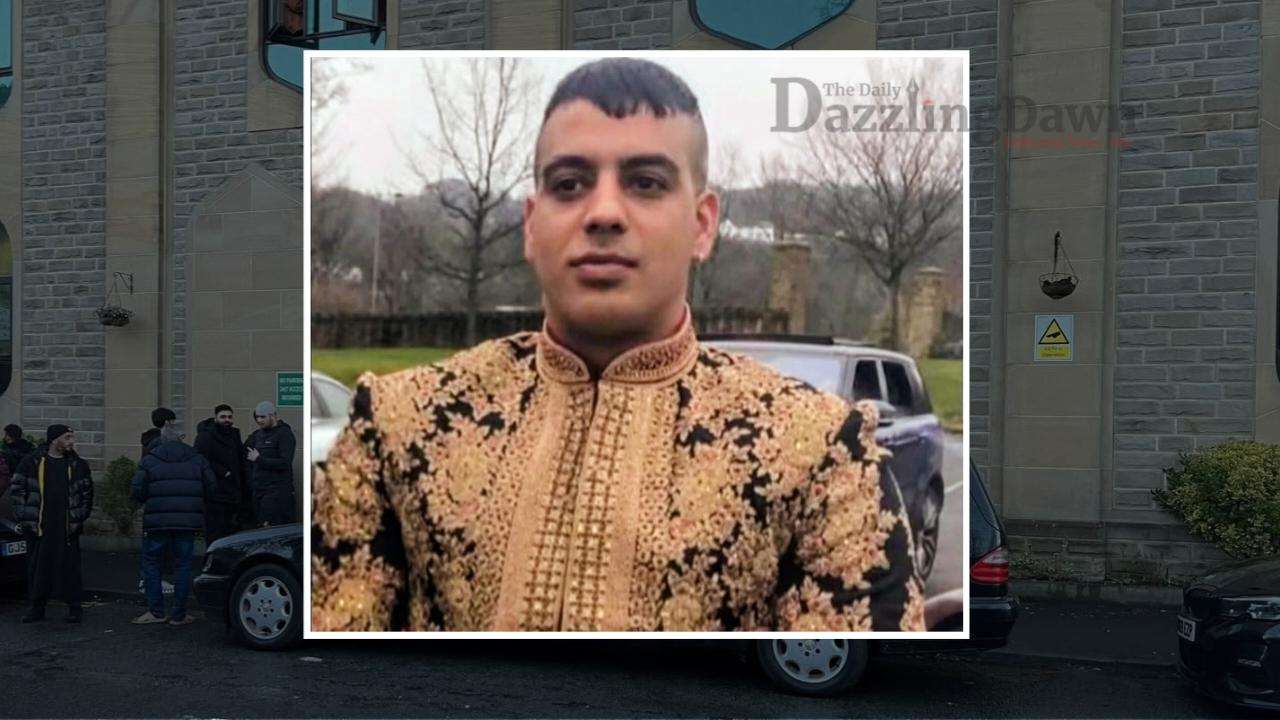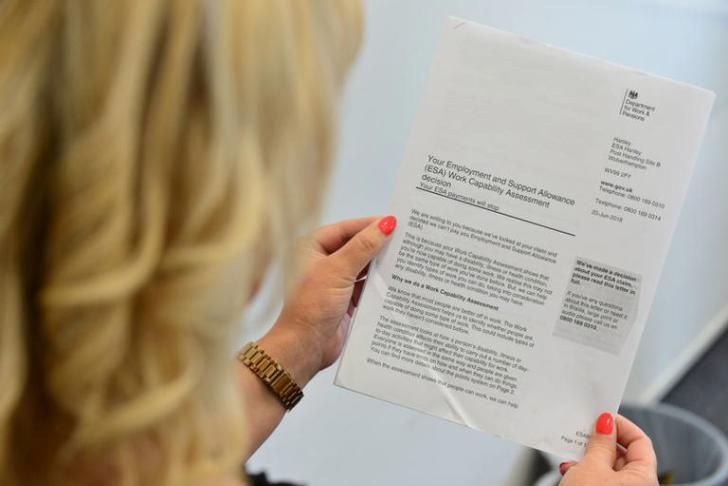A significant alteration to the Department of Work and Pensions' plans for moving people onto Universal Credit has been disclosed. It has made the decision to remove thousands of households off their traditional legacy benefits three years ahead of schedule.
People claiming income-related Employment and Support Allowance (ESA), either on its own or with Housing Benefit, will be sent letters by the end of 2025 telling them to undertake the 'managed migration' or lose their existing payments.
Income-related ESA is one of the six legacy benefits being phased out in favour of Universal Credit. Claimants were previously informed that they would not be required to switch until 2028/2029.
Prime Minister Rishi Sunak had hinted in his welfare reforms speech that the Government would "accelerate moving people from legacy benefits onto Universal Credit, to give them more access to the world of work." The U-turn means hundreds of thousands of ESA claimants will have to switch to Universal Credit three years ahead of the original timetable.
Giving details of what this will mean in practice, DWP Universal Credit boss Neil Couling said the new plans mean that everyone claiming ESA, or ESA with Housing Benefit, will now be told to transfer to Universal Credit by the end of December 2025. This would mean everyone on legacy benefits had been moved across by that point.
Mr Couling, Director General DWP Change & Resilience and Senior Responsible Owner for the implementation of Universal Credit, posted on social media platform X: "The Prime Minister's welfare reform speech earlier today announced the acceleration of the Managed Migration of legacy ESA/ESA & HB cases to #UniversalCredit. All migration notices will now be sent by the end of December 2025. We will work with stakeholders on the detailed plans."
It's believed the DWP will begin contacting all 600,000 households claiming these benefits later this year. Mr Couling added in a subsequent message: "The regulations to support the migration of these cases should be published in the reasonably near future."
Reacting to the news, Rebecca C questioned the move, posting: "Doesn't this go against the Chancellor's announcement, in his budget, that managed migration of ESA will not go forward until 2028?" Sarah Batty wrote: "That's very significant and will cause considerable unease among ESA claimants."
lmcay58 expressed concern that the process was being sped up while problems with the managed migration had not yet all been resolved. They posted: "The Government only announced at the end of 2023 that legacy ESA/ESA+HB wouldn't be invited to UC till 2028 earliest - now it's end of 2025 (2-3 yrs early). Charities are already telling the DWP that rollout is too fast and riddled with problems - and your solution is to go faster?!?!"
In a parliamentary answer given in February, Minister for Employment Jo Churchill said 440,000 households on other legacy benefits were being asked to move across to Universal Credit in the 2024/2025 financial year. This includes 20,000 households on income-based Jobseeker's Allowance, 90,000 who get income-related ESA with Child Tax Credit, 110,000 on Income Support, 120,000 on tax credits and Housing Benefit, 10,000 on tax credits only and 100,000 solely on Housing Benefit.
The Department for Work and Pensions had earlier delayed the transfer of those who are only on ESA or who get it with Housing Benefit until 2028/2029 as a cost-saving measure. It said 51 per cent of ESA claimants would be better off on Universal Credit by around £130 a month, while 41 per cent would be worse off by around £217 a month but would receive transitional protection to top their payments up to the same amount they were receiving before.
The overall result would have been a saving of £1.1 billion, it said. But this idea has now been scrapped so that all legacy claimants are on Universal Credit much sooner and will be subject to work requirements to boost employment and reduce economic inactivity.








.svg)


